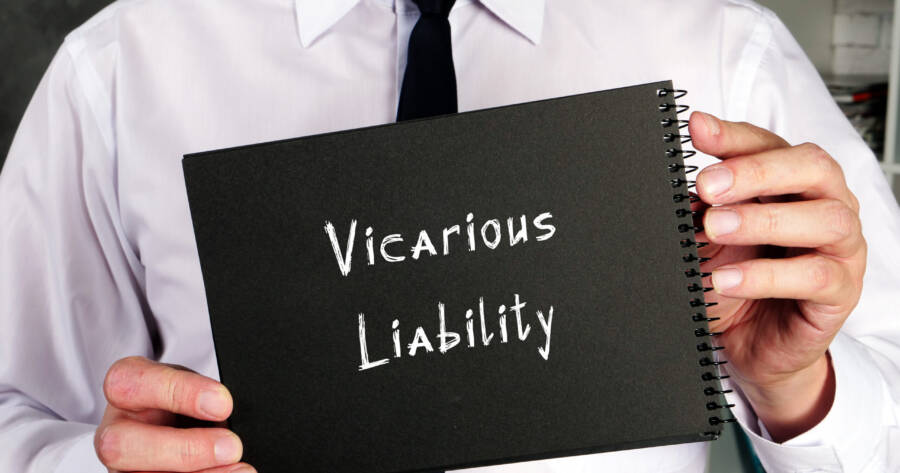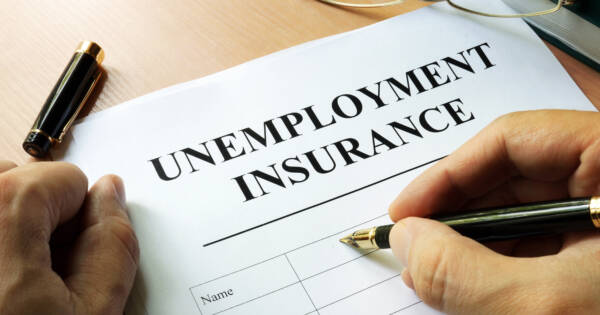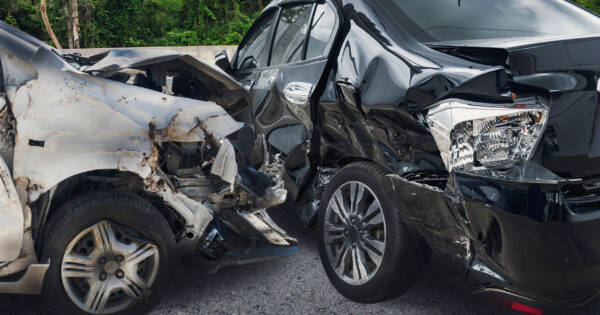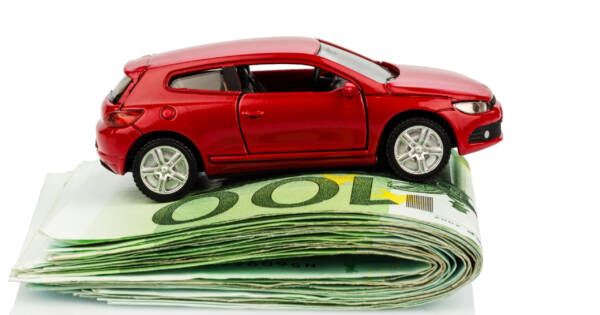“The court finds you vicariously liable!” That’s the dreaded statement no one ever wants to hear. For anyone who doesn’t know what it is, vicarious liability can seem like a legal jargon that’s best to be avoided. Still, it’s a real liability that you might need to guard yourself against. If it applies to you, it’s best to figure out how to best limit your exposure.
In general, vicarious liability is the liability of being deemed partly at fault even by an act caused by a third party. The reason most people haven’t heard of the term is because these judgments are much more common in business settings. For example, an employer could be deemed vicariously liable if a superior sexually harassed his secretary. An argument could be made that the employer should have had more oversight, given better training, or provided an avenue for the secretary to report such offenses. A lawyer could also argue, for example, that a construction company should be liable if its workers operated machinery that caused property damage. The argument is that the company should have given adequate training to all employees that will be using its equipment.
Vicarious Liability Doesn’t Just Apply to Employers
There have been some very tragic cases of vicarious liability too. Multiples cases have seen parents deemed vicariously liable for their child’s death because they left a loaded gun accessible in the house. Kids have been able to get a hold of it and tragedy struck. This example scares me a lot, as a parent. It’s not that I’m ever going to leave a loaded gun lying around. However, there are many other situations where I could be liable for my kid’s actions. What if my daughter gets a driver license in a few years and then accidentally caused major property damage because she stepped on the gas instead of the brakes in a moment of panic?
Less Serious Examples
Not all cases of vicarious liability will have catastrophic consequences. Let’s say my kids decide to play soccer after school because I was late picking them up. My son accidently breaks the school’s window with an errant kick. I could be deemed vicariously liable, even if I’m nowhere close when it happened. Something similar actually happened to me when I was young. I went to Saturday school as a kid. I actually did break a window because I was kicking the soccer ball against the wall while my mom was stuck in traffic.
Luckily, no one filed a lawsuit. The school even decided to just charge our family the replacement cost of changing the window to plastic for a grand total of $17. Now that I think about it, I don’t quite understand why it was just $17. I’m pretty sure replacing a window costs much more than that, even all those years ago. That’s water under the bridge now. We got off a bit lucky. All this is to say that my mom’s liability could have been much worst. If it somehow ended up in a lawsuit, the potential of being hit with a much bigger judgment was there.
Can You Be Held Criminally Liable?
In most cases, vicarious liability usually only involves civil law and not criminal law. In other words, you can rest easier knowing that you won’t be charged for criminal wrongdoing unless you were pretty much directly involved in a criminal act.
Still, civil law can be very expensive. Let’s go back to the example of having a young teen driver. I could be responsible for hundreds of thousands in property damage if the accident is big enough to cause a judgment that exceeds the coverage that my car insurance allows.
How to Insure Against Vicarious Liability
In general, you don’t get specific issuance to cover vicarious liability. For individuals, the specific types of insurance (auto or homeowners) will cover its respective accidents. For additional coverage that acts as sort of a catch-all, people usually get an umbrella coverage. The good news is that it’s quite cheap to get umbrella insurance. You can expect to pay only a couple hundreds of dollars each year for coverage that is in the millions.
For businesses, general liability insurance will cover personal injuries and property damage. It typically also covers honest error or omissions, and malpractice. There are many more insurances that businesses can buy to protect itself too, but that’s beyond the scope of this article.
The Bottom Line
It’s scary to think that you could be vicariously liable for damages caused by someone else. However, you can limit your liability significantly by practicing common sense. For businesses, that means training your employees to properly behave and use your equipment. For parents, it could mean teaching your kids to be responsible adults and giving them time to learn how to drive. That doesn’t mean you can totally eliminate your exposure though. That’s where insurance comes in — think car and homeowner’s insurance. The good news is that the chances a judgment will blow through your coverage limit to a point that it causes serious financial damage is very low. You only have to see how cheap it is to insure yourself for millions of dollars in coverage through an umbrella insurance.
To know how much you need, look no further than your own situation. Do you have a house or cars that could cause damage to someone else? How many people and pets are in your house? Do you have children? Any additional member in the house will obviously increase your potential liability. Finally, you are subject to more punitive judgments depending on how many assets you have that are at risk. That comprises of things like equity in a house, stocks, bonds, and other assets you can liquidate if needed. After all, no lawyer will bother suing you if you have nothing in your name to pay for the judgments they might win. Look at your own situation and use insurance to protect what’s yours. Just remember to use common sense too, so you limit the chances that you’ll have to worry about ever being held vicariously liable.
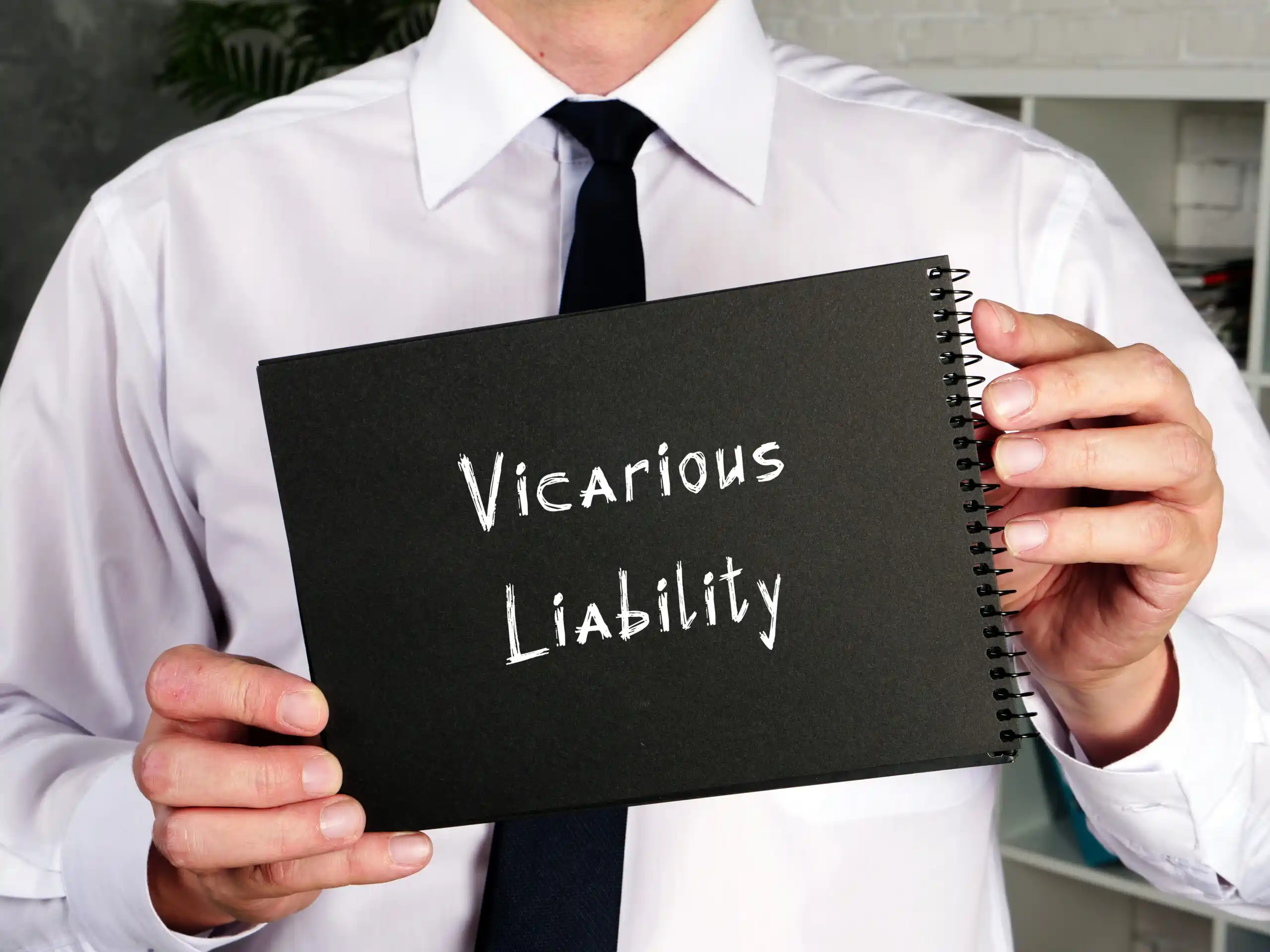 Shutterstock
Shutterstock